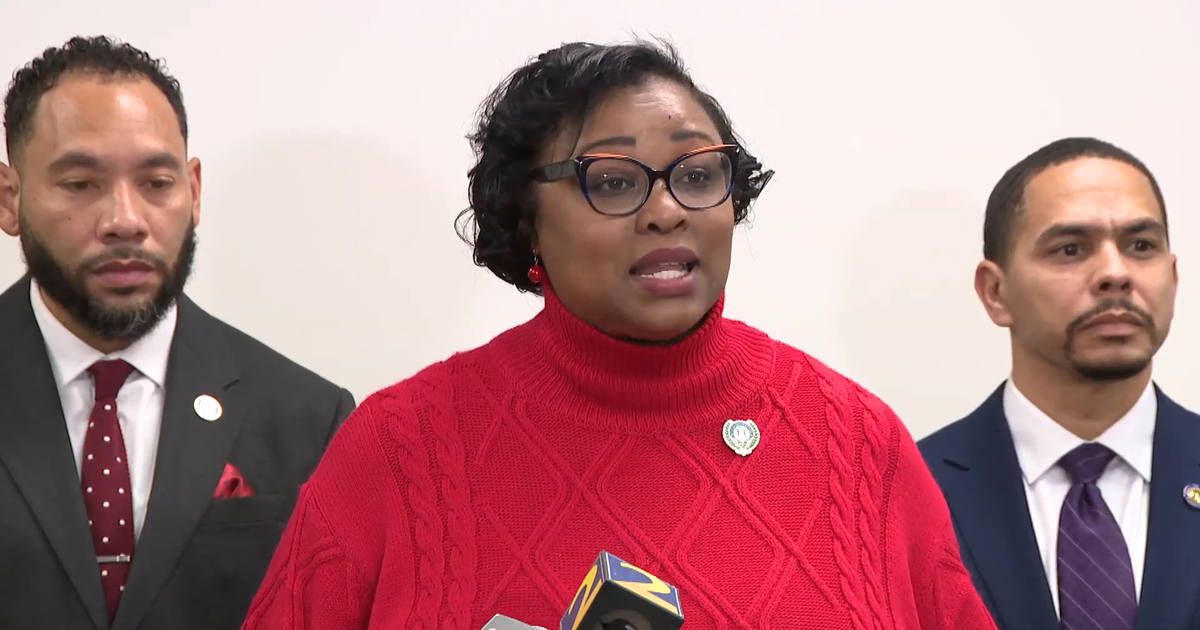What's in the House Democrats' $3 trillion coronavirus relief bill?
Washington — House Speaker Nancy Pelosi unveiled a massive coronavirus relief bill on Tuesday, the fifth proposed legislation related to the economic fallout from the pandemic. The House is expected to vote on the $3 trillion proposal on Friday, although it is considered dead on arrival in the Republican-controlled Senate.
The bill, which spans more than 1,800 pages, is known as the Health and Economic Recovery Omnibus Emergency Solutions Act, or HEROES Act. Here's a rundown of some of the bill's highlights:
Assistance to state and local governments
The bill provides $500 billion in direct assistance to state governments to counter the fiscal impacts of the pandemic, $375 billion to assist local governments, $20 billion to tribal governments and $20 billion to U.S. territories.
Hazard pay for frontline workers
The bill would establish a $200 billion "Heroes' Fund" to ensure that essential workers receive hazard pay. Their employers would be able to apply for grants to provide $13 per hour premium pay for their workers on top of regular wages. These employers would be eligible for grants of $10,000 per worker, or $5,000 for highly compensated essential workers.
Another provision of the bill would appropriate $850 million for states to provide child and family care for essential workers. The bill would also provide funding for personal protective equipment for emergency health care and essential workers.
Extension of unemployment benefits
The proposal would extend a $600-per-week boost in unemployment insurance established under the CARES Act until January 2021 to help millions who have lost jobs during the pandemic.
Forgiveness of student loan debt
The legislation would extend existing student loan payment plans established in the CARES Act, which did not cover private loan borrowers. It would provide up to $10,000 in debt relief to be applied to a private student loan, to be paid in monthly installments by the Treasury Department until September 2021.
Funding for testing, tracing and treatments
The proposal calls for an additional $75 billion for coronavirus testing, contact tracing and isolation measures. It also would ensure that all Americans could receive free coronavirus treatment.
Assistance to farmers
The bill would provide $50 million in assistance to farmers, farmers markets and local food outlets affected by market disruptions, as well as another $50 billion to beginning farmers and ranchers. It would also provide $16.5 million in direct payments to agricultural producers.
Protection to renters and homeowners from evictions and foreclosures
The legislation designates $100 billion in emergency assistance to low-income renters to help them avoid eviction. It would also provide $75 billion to states, territories and tribes to help homeowners with direct assistance with mortgage payments and other housing costs.
Direct payments to Americans
The bill would implement a second round of direct payments to Americans to assist with the fallout of the pandemic. It would provide $1,200 to every family member, including children, up to $6,000 per household.
Assistance to the U.S. Postal Service
The HEROES Act gives $25 billion in assistance to the Postal Service, which is expected to run out of money by late September without congressional assistance.
Election security
The bill allocates $3.6 billion in grants to states for planning and preparation of elections, as well as to bolster election security. Several progressive groups have called for election assistance to be included in the next coronavirus relief bill.



